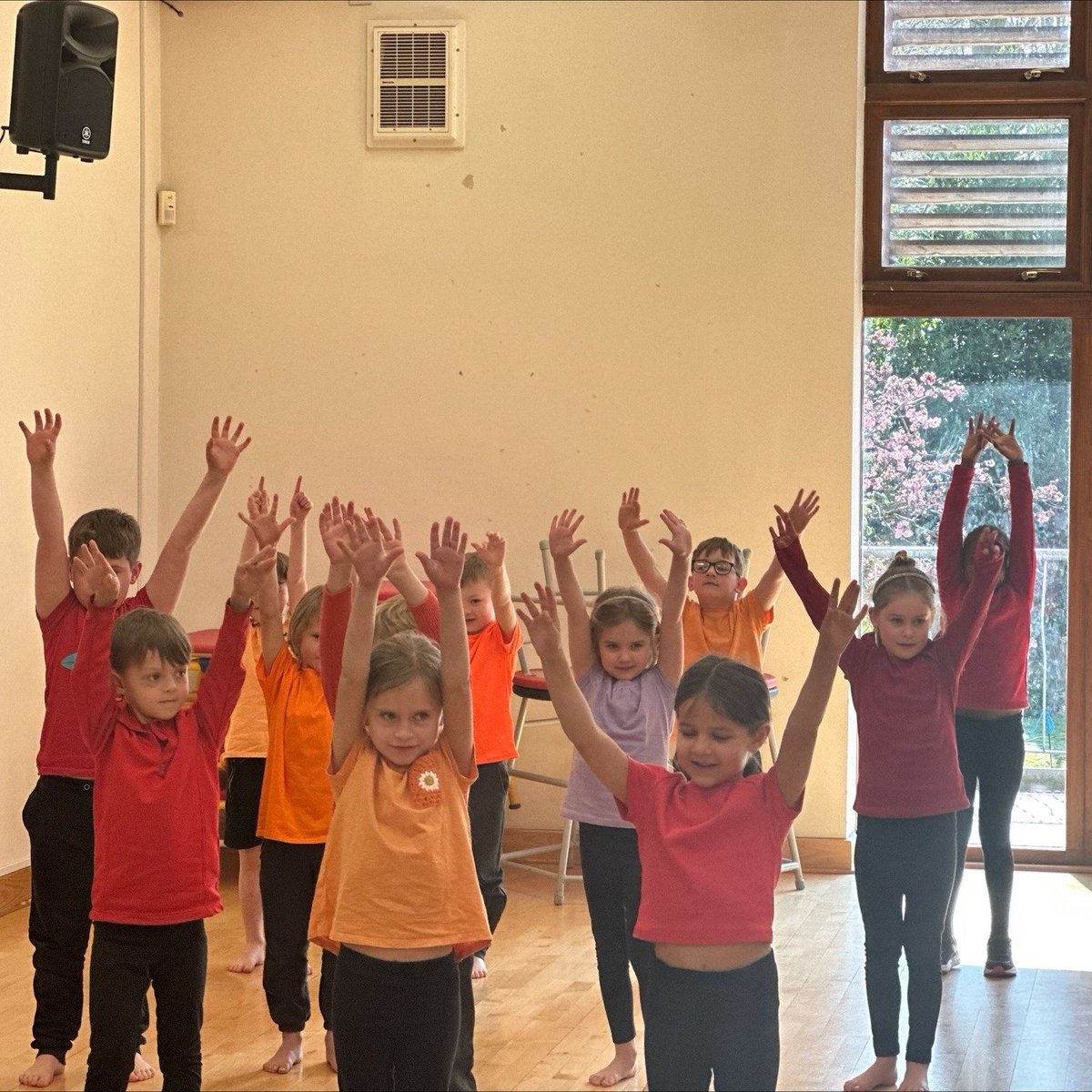Personal, Social, Health, Economic Education Curriculum
At Magna Carta, we use Jigsaw resources to deliver our PSHE curriculum.
In Jigsaw, the mindful approach to PSHE, mindfulness is developed in 3 main ways:
a) through the 'Calm Me' time in each Piece (Lesson). This consists of breathing techniques, awareness exercises and visualisations, enabling children not to empty their minds but to quiet them and become aware of the activity within them and manage it positively
b) through the taught curriculum. Lessons (Pieces) to help children explore their thoughts and feelings, to expand their emotional vocabulary, explore thought-feelings-consequence sequences, build their confidence and express themselves in a safe environment.
c) through the 'Pause Points' in lessons (Pieces) which ask children to 'Stop and look inside' to practise observing their thoughts and feeling relation to what they are learning about in that lesson.
There are six Puzzles in Jigsaw designed to progress in sequence from the beginning of each academic year:
Term 1: Being Me in My World
Term 2: Celebrating Difference (including anti-bullying)
Term 3: Dreams and Goals
Term 4: Healthy Me
Term 5: Relationships
Term 6: Changing Me (including Puberty and Human Reproduction Education)
Each Puzzle has six Pieces (lessons) which work towards an 'end product', for example, The School Learning Charter or The Garden of Dreams and Goals.
Each Piece has two Learning Intentions: one is based on specific PSHE / HWB learning (purple) and the other based on emotional literacy and social skills development (green).
The whole school works on the same Puzzle at the same time, meaning that each Puzzle can be launched with a whole-school assembly and learning can be celebrated by the whole school in a meaningful way.
Statutory Relationship and Health Education
(DfE, England 2019)
Jigsaw provides a comprehensive PSHE Programme which covers all the requirements of the government guidance and outcomes, and more. The Relationships and Healthy Me Puzzles (units) cover most of the aspects in the guidance but these are enhanced, revisited and foundations built throughout the Jigsaw Programme. Jigsaw's philosophy starts by building positive self-image, a sense of identity and a healthy relationship with self, and from that starting point helps children grow healthy relationships with others.
Health Education in Jigsaw embraces not only physical health but has a strong focus on mental health and emotional literacy throughout, and empowers children to be aware of their own thoughts and feelings and now how to manage and regulate these e.g using Calm Me (mindfulness techniques)
Please open the files below to see our PSHE curriculum which includes all units of work from Reception to Year 6.
PSHE Curriculum
- 3 - 11 PSHE Progression Map
- 3 - 11 SMSC and Emotional Literacy Mapping
- Jigsaw 3 -11/12 Knowledge Content: Snapshot Overview
- Snapshot map 3 11 with attainment descriptors
- RSHE A Guid for Parents and Carers Leaflet
- How does Jigsaw, the mindful approach to PSHE, lay the foundations in EYFS for statutory Relationships and Health Education (DfE, England 2019)?
- Being Me In My World Puzzle Map - Ages 8-9
- Being Me In My World Puzzle Map - Ages 6-7
- Being Me In My World Puzzle Map - Ages 9-10
- Being Me In My World Puzzle Map - Ages 7-8
- Being Me In My World Puzzle Map - Ages 10-11
- Jigsaw Information Leaflet for Parents and Carers
- Jigsaw 3-11 and Statutory Relationships and Health Education
- How does the Jigsaw 3-11 meet the Personal, Social and Emotional Development (PSED) Early Learning Goals?
- Jigsaw and the Global Learning Programme Years 4, 5 and 6
- Drug Education in Jigsaw PSHE 3-11/12
- British Values in Jigsaw by lesson

























